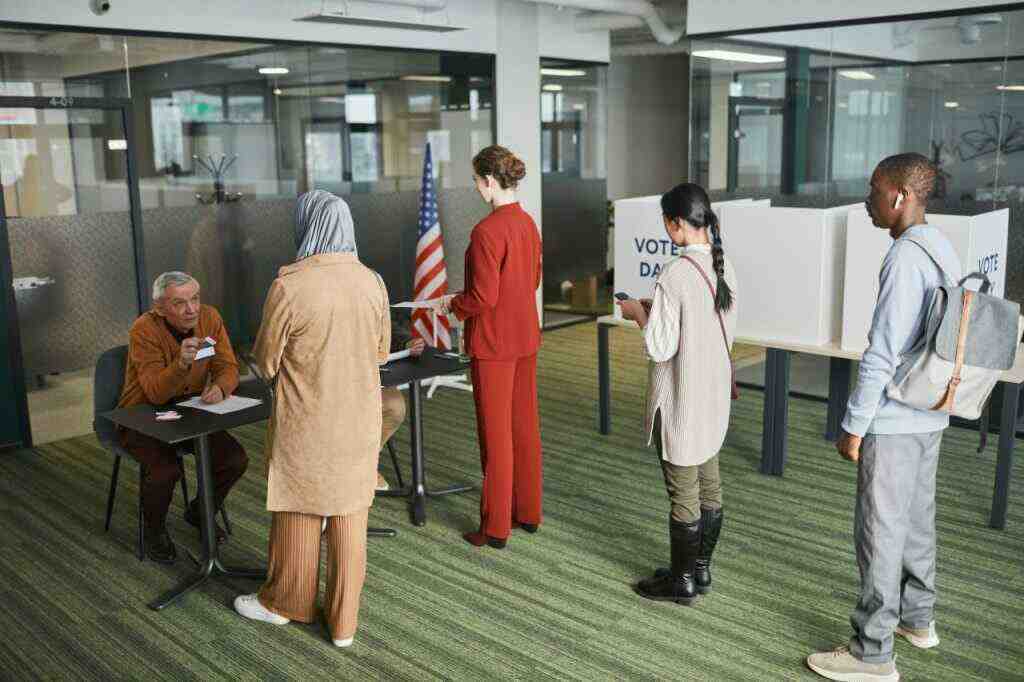The Decline of Presidential Debates: A Comprehensive Analysis
The Historical Evolution of Political Debates
The concept of political debates has a rich history, dating back to the 1858 senatorial race between Abraham Lincoln and Stephen A. Douglas. These debates, held in seven different Illinois towns, marked a significant moment in American democracy, as they allowed voters to witness the candidates engage in real-time discussions and assess their leadership qualities.
However, it wasn’t until 1960 that presidential debates gained widespread recognition, thanks to the televised face-off between John F. Kennedy and Richard Nixon. This groundbreaking event, watched by an estimated 70 million Americans, marked a turning point in American politics, as it allowed voters to see the candidates’ charisma, body language, and ability to think on their feet.
The Impact of Debates on Voters
While the influence of debates on voter decisions is a subject of ongoing debate, research suggests that they play a significant role in shaping public opinion. A study by the Pew Research Center found that debates assist voters in selecting their preferred candidate, although most voters form their opinions earlier in the campaign cycle. Additionally, studies have shown that debates can enhance voters’ knowledge of specific issues and influence their perceptions of candidates’ personalities.
The Changing Landscape of Debates in Recent Years
In recent times, the landscape of presidential debates has undergone significant shifts. The 2024 election cycle has witnessed a notable decline in debate participation, with former President Donald Trump refusing to engage in GOP primary debates and former U.N. ambassador Nikki Haley withdrawing from debates unless Trump or President Joe Biden participated. This has led to the cancellation of several planned events, raising concerns about the future of debates as a vital component of the democratic process.
Assessing the Value of Debates
Despite the challenges, debates continue to hold immense value in the eyes of experts like Aaron Kall, director of debate at the University of Michigan. He emphasizes the importance of debates in allowing candidates to demonstrate their abilities and address pressing issues directly. Kall believes debates provide voters with insights into candidates’ thought processes and their capacity to handle various situations.
Viewership Trends and the Changing Media Landscape
The popularity of presidential debates has fluctuated over time, influenced by factors such as the stakes of the election and the personalities of the candidates. In 1980, the debate between Jimmy Carter and Ronald Reagan attracted a massive audience of 81 million viewers, a record broken in 2016 when Trump and Hillary Clinton’s first debate drew 84 million viewers. However, viewership declined in 2020, with only 73.1 million people tuning in to the first presidential debate between Trump and Biden. Primary debates have generally garnered lower viewership, with the 2023 GOP primary debates averaging around 10 million viewers.
The Uncertain Future of Debates in the 2024 Election
The prospects for debates in the 2024 election remain uncertain. While there is speculation about a potential Trump-Haley debate in the Republican primaries, the likelihood of a Trump-Biden general election debate appears slim. Biden’s camp has expressed ambiguity about his participation, and the Republican National Committee’s withdrawal from the Commission on Presidential Debates has further complicated matters. However, Kall believes the possibility of debates remains open, particularly if Trump decides to engage in the general election.
Conclusion
The decline of presidential debates in recent years raises concerns about the future of this essential democratic tradition. While debates have faced challenges, their value in informing voters and allowing candidates to demonstrate their leadership qualities remains undeniable. It is crucial to explore innovative approaches to revitalize debates and ensure their continued relevance in the evolving media landscape.
